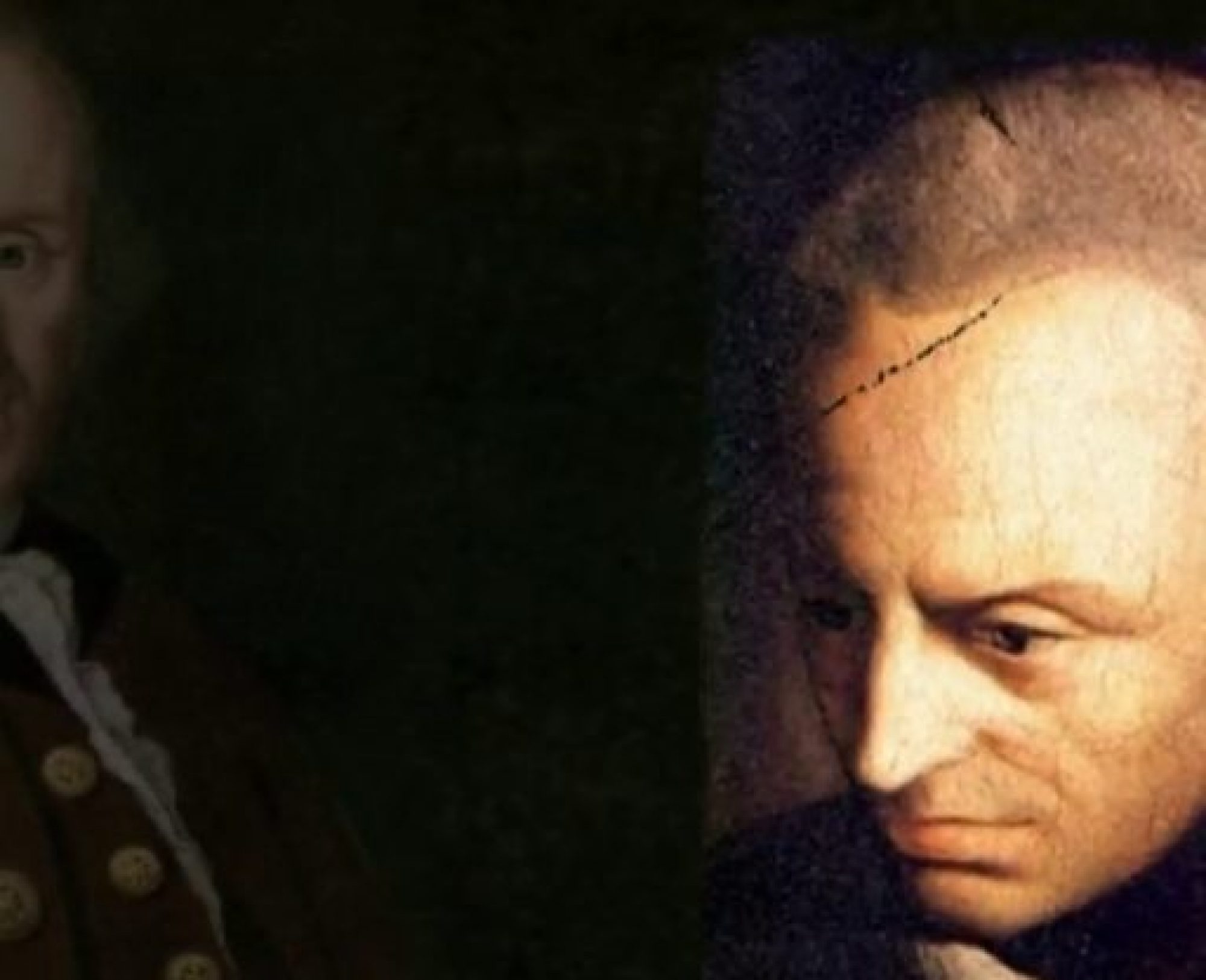Channel: The John David Ebert Channel
Duration: 10:10
Description: “Introduction”
Published: August 25, 2012 7:18 pm

Channel: The John David Ebert Channel
Duration: 10:10
Description: “Introduction”
Published: August 25, 2012 7:18 pm
Channel: hats0fyou
Duration: 45:19
Description: 11 Analytic of Principles Schematism The Critique of Pure Reason Immanuel Kant
Published: April 29, 2016 6:12 pm
Channel: Caleb Beers
Duration: 12:23
Description: In which I disagree with Kant because I think he’s confused. Incidentally, his confusion about space and time may be why he was wrong about it, as proven (finally) by Einstein.
Published: September 3, 2017 1:03 am
Channel: Caleb Beers
Duration: 1:49
Description: In which I continue reading and explaining Immanuel Kant’s Critique of Pure Reason.
Published: January 20, 2018 9:07 pm
Channel: The Partially Examined Life
Duration: 22:44
Description: This recording is a reading of Chapter II of the Critique of Practical Reason: Of the Dialectic of Pure Reason in defining the Conception of the “Summum Bonum”. This section, Part 5, is entitled “The Existence of God as a Postulate of Pure Practical Reason” In it you find Kant’s most explicit argument in favor of a belief in God, although note that it is merely postulated as a subjective moral necessity, and not intended as an objective proof as such. Relevant quote: “It follows that the postulate of the possibility of the highest derived good (the best world) is likewise the postulate of the reality of a highest original good, that is to say, of the existence of God. Now it was seen to be a duty for us to promote the summum bonum.” “Consequently it is not merely allowable, but it is a necessity connected with duty as a requisite, that we should presuppose the possibility of this summum bonum.” “And as this is possible only on condition of the existence of God, it inseparably connects the supposition of this with duty. That is, it is morally necessary to assume the existence of God.” “It must be remarked here that this moral necessity is subjective. That is, it is a want, and not objective; that is, itself a duty. For there cannot be a duty to suppose the existence of anything (since this concerns only the theoretical employment of reason).” Note: “Summum bonum” is Latin for “the highest good”.
Published: June 8, 2011 6:54 pm
Channel: PhilosophyOwl
Duration: 2:17:26
Description: Introduction to Kant: http://philosophyowl.blogspot.com/2013/05/introduction-to-immanuel-kant.html Playlist containing the entire audiobook: http://www.youtube.com/playlist?list=PLRBOF-xiQuRJKo-XaTvttJLXdJWcw3hqx From the 1855 translation by John Miller Dow Meiklejohn. Table of Contents (* indicates which sections are in this video):
1. Preface to the First Edition
2. Preface to the Second Edition
3. Introduction
4. Transcendental Doctrine of Elements
4.1. First Part. Transcendental Aesthetic
4.2. Second Part. Transcendental Logic
4.2.1. First Division. Transcendental Analytic
*4.2.2. Second Division. Transcendental Dialectic
5. Transcendental Doctrine of Method
5.1. Chapter I. The Discipline of Pure Reason
5.2. Chapter II. The Canon of Pure Reason
5.3. Chapter III. The Architectonic of Pure Reason
5.4. Chapter IV. The History of Pure Reason
Published: May 22, 2013 9:05 pm
Channel: TheSdfafd
Duration: 4:30
Description: Immanuel Kant – Critique of Pure Reason – 4 Antimonies – Video 3
Published: June 30, 2012 12:02 pm
Channel: Philosophy Overdose
Duration: 40:14
Description: Professor Dan Robinson gives the fourth lecture in this series on Kant’s Critique of Pure Reason. Kant claims that, “our sense representation is not a representation of things in themselves, but of the way in which they appear to us. Hence it follows that the propositions of geometry… cannot be referred with the assurance to actual objects; but rather that they are necessarily valid of space… [and] space is nothing else than the form of all external appearances”. [Prolegomena 286-287] It remains a matter of controversy as to just what the central project of the Critique is, but surely one objective is to establish the character and range of objective knowledge in light of the limits of sense and reason. The lectures in this series are intended to clarify the major claims advanced by Kant in this connection, and to test the arguments he adduces in their support. This series of talks was given at Oxford.
Published: March 30, 2016 9:56 pm
Channel: Bobby Towers
Duration: 4:5
Description: First published in 1781 and considered one of the most influential works in the history of philosophy.
Published: November 23, 2010 12:49 am
Channel: Philosophy Overdose
Duration: 48:47
Description: Professor Dan Robinson gives the third lecture in this series on Kant’s Critique of Pure Reason. Kant’s so-called “Copernican” revolution in metaphysics begins with the recognition of the observer’s contribution to the observation. Thus, to the extent that Hume’s empiricism restricts knowledge to experience, empiricism succeeds only by accepting the a priori grounding of experience itself. It remains a matter of controversy as to just what the central project of the Critique is, but surely one objective is to establish the character and range of objective knowledge in light of the limits of sense and reason. The lectures in this series are intended to clarify the major claims advanced by Kant in this connection, and to test the arguments he adduces in their support. This series of talks was given at Oxford.
Published: March 30, 2016 10:05 pm